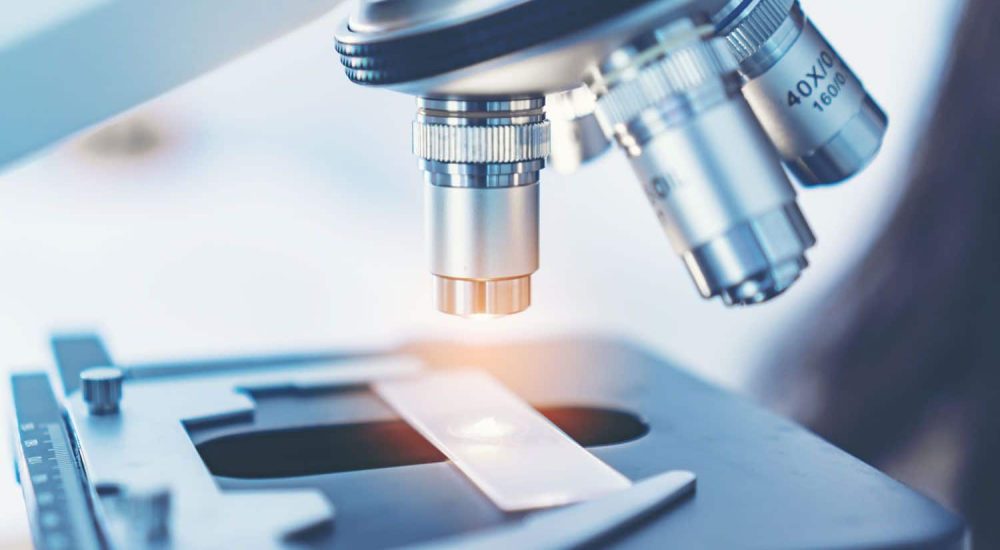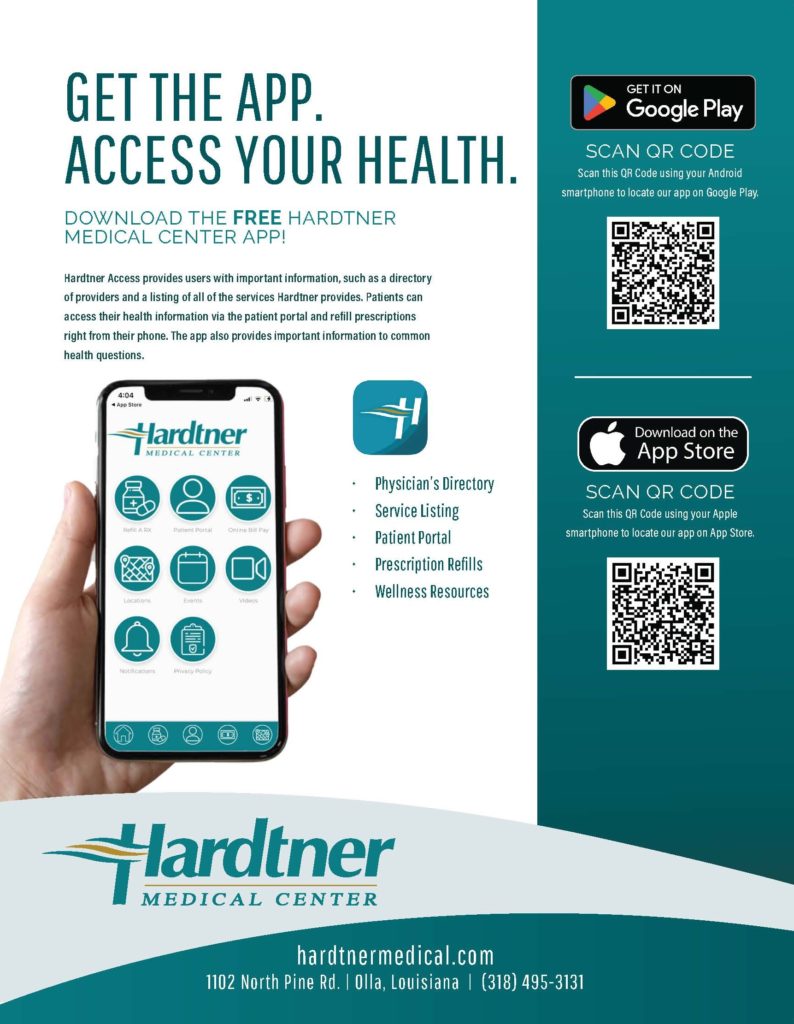
Pathology
Pathology involves the study and diagnosis of disease. In doing this, pathologists examine surgically removed organs, biopsy samples, or bodily fluids, typically in a laboratory. After a pathologist examines part of the body, he or she will provide a pathology report that details a diagnosis. Pathologists may be able to predict the course a disease will take based on results and relay that information to the patients doctor.The majority of the time one receives a medical diagnosis, it is the result of a test sent to a pathologist to examine.
Pathologists are able to perform diagnostic tests to guide physicians in how to treat a disease. Oftentimes, people think diagnostic tests are performed by a machine. However, highly skilled pathologists are there to ensure accuracy and efficiency of these tests. On any given day, you may find a pathologist examining a biopsy to detect cancer or other conditions, run blood sugar tests to determine medication dosage for a diabetic patient, and studying many other samples or tests.
Some pathology subspecialties include:
- Blood banking and transfusion medicine
- Chemical pathology
- Clinical informatics
- Cytopathology
- Dermatopathology
- Forensic pathology
- Hematopathology
- Medical microbiology pathology
- Molecular genetic pathology
- Neuropathology
- Pediatric pathology

Pathologists at Hardtner Medical Center
John Maxwell, M.D.
Lee Pankey, M.D.
Richard Blanchard, M.D.





